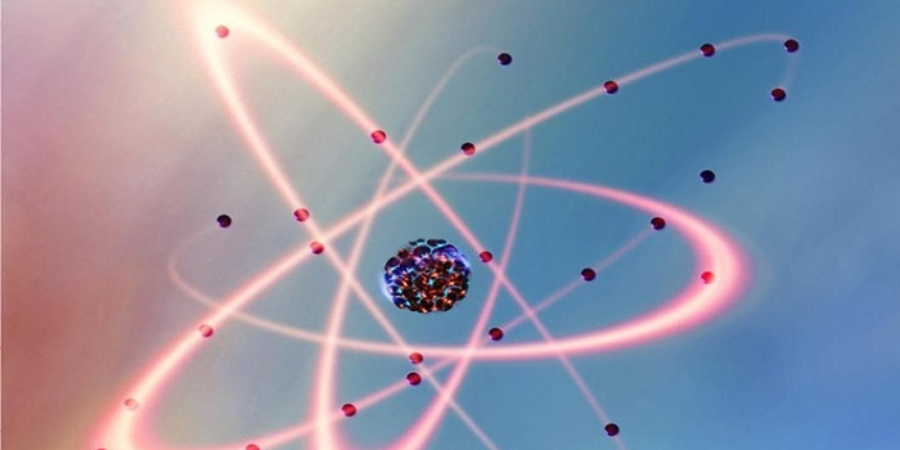

Quantum mechanics, the science overseeing the way of behaving of issues and energy at the nuclear and subatomic level, is a domain loaded up with nonsensical ideas and brain-twisting peculiarities. A hypothesis has reformed how we might interpret the universe, yet its bizarreness frequently leaves us scratching our heads. Yet, underneath the outer layer of quantum irregularity lie strong applications that are molding our reality in significant ways.
One of the center standards of quantum mechanics is the idea of wave-molecule duality. Dissimilar to the billiard wads of old-style physical science, quantum articles can show both wave-like and molecule-like properties. This implies a solitary electron can act as a spread-out wave, existing in numerous spots all the while, until the demonstration of noticing it drives it to fall into an unmistakable area - an idea caught by the well-known wave capability.
Another foundation is the idea of superposition, where a quantum item can exist in numerous states simultaneously. Envision a coin the two heads and tails until you flip it. In the quantum domain, this applies to properties like an electron's twist. This capacity to be in different states at the same time is considered a peculiarity known as ensnarement, where two particles become connected such that challenges old-style clarification. Estimating the condition of one trapped molecule promptly decides the condition of the other, regardless of the distance isolating them - an idea broadly named "creepy activity a ways off" by Albert Einstein.
These odd standards could seem like conceptual psychological studies, however, they have true outcomes. Take the unassuming semiconductor, the workhorse of current hardware. This supports the way of behaving of semiconductors, considering the scaling down and effectiveness of our gadgets. Essentially, lasers, those pervasive devices in medication, industry, and correspondence, depend on the invigorated outflow of light, a peculiarity made sense of by the quantum hypothesis.
The field of quantum figuring takes these standards much further. By bridging the force of superposition and trap, quantum PCs hold the commitment to tackling issues recalcitrant for even the most remarkable traditional PCs. From drug disclosure and materials science to monetary displaying and man-made brainpower, quantum figuring can alter various fields.
In past processing, it supports a scope of modern innovations. Quantum cryptography, given the standards of entrapment, offers strong correspondence channels. In medication, attractive reverberation imaging (X-ray) uses the quantum properties of nuclear cores to produce itemized pictures of the body's inside.
The excursion from the hypothetical underpinnings of quantum mechanics to its useful applications is a demonstration of human resourcefulness. Despite its weirdness, this has turned into an imperative device for figuring out the universe and molding our innovative future. As examination proceeds, we can expect many additional notable revelations and applications emerging from this intriguing domain of the tiny.
